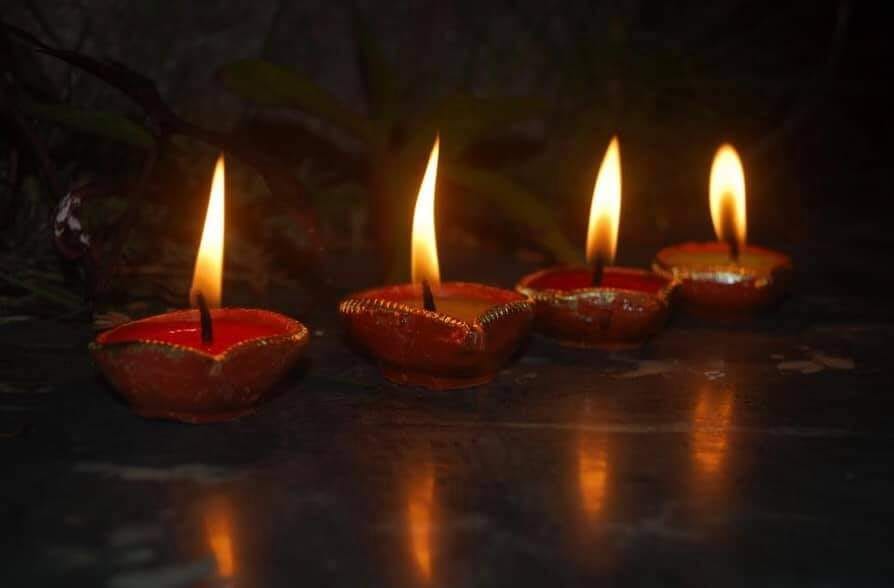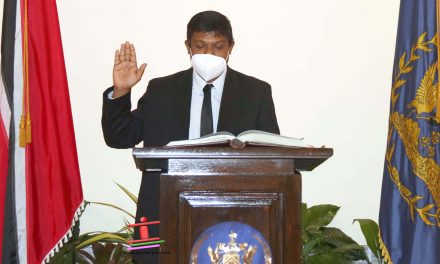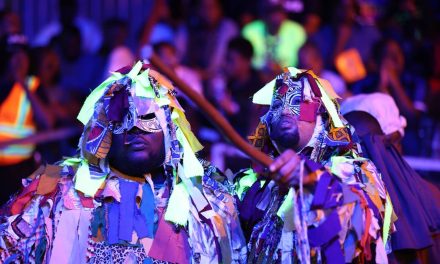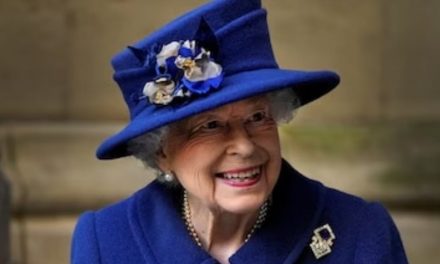Later, dazzling arrays of flickering flame in tiny earthen vessels will adorn window-sills and bamboo brackets in houses, business places and public spaces and in some communities, Hindu families dressed in their finery will make their way along the local main road to greet neighbours, friends and even strangers.
Citizens of every creed and race eagerly take part in the festivities which, after a two-year lull, have restarted with renewed vibrancy and splendour. In the lead-up to Divali, schools and workplaces have been heavily involved in the preparations, distributing delicacies, organising informative programmes and hosting lively celebrations. Schools are the ideal environment to foster tolerance and appreciation at an early age of the customs and practices of other faiths—all intrinsic and indelible pieces of our multicultural and multireligious mosaic.
Significantly, the Divali Nagar, one of the largest celebrations of Divali outside India, returned triumphantly to its iconic venue, enabling thousands of Hindus and non-Hindus alike to attend its renowned cultural showcase. For nine nights, the Nagar site was abuzz with excitement and activity, in stark and gratifying contrast to the virtual stagings of the last two years. Ramleela, the dramatic re-enactment of the Ramayana, also made a welcome reappearance in its usual format, with hundreds of people turning out to view and absorb the epic saga.
The resumption of the Nagar and Ramleela after the period of pandemic gloom embodies the essential message of Divali—that light will always conquer darkness and good will overcome evil. Light is a powerful symbol, often used as a metaphor for knowledge, goodness, guidance, purity and the divine. Light can also illuminate and lead the way, expose danger, alleviate fears, warn or repel from danger, reinvigorate and reassure or reveal truth. When juxtaposed with darkness, it represents hope. Darkness cannot dispel light, but a single flame can illuminate the blackest night.
In the story at the heart of Divali, jubilant villagers lit clay lamps to herald the return of Lord Rama and his wife Sita from exile. When we light our deyas tonight, we will not only participate in that custom, but also signal our optimism that times of adversity will be followed by triumph and abundance. At Divali, we have the opportunity to engage in a process of self-improvement, enabling us to become lights to others in our various circles, dispelling the darkness of ignorance, injustice and fear.
May the spirit of Divali illuminate your hearts and homes. I extend to the Hindu community and all citizens of Trinidad and Tobago, best wishes for a holy and happy Divali celebration.
Shubh Divali!







